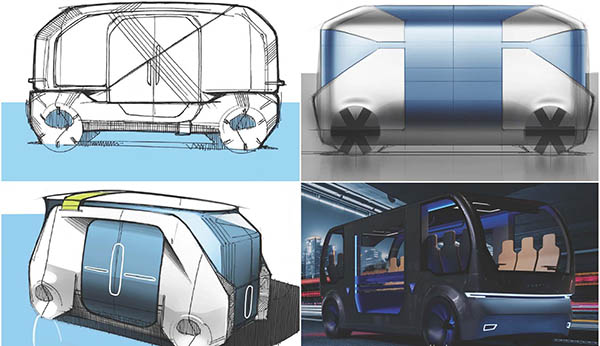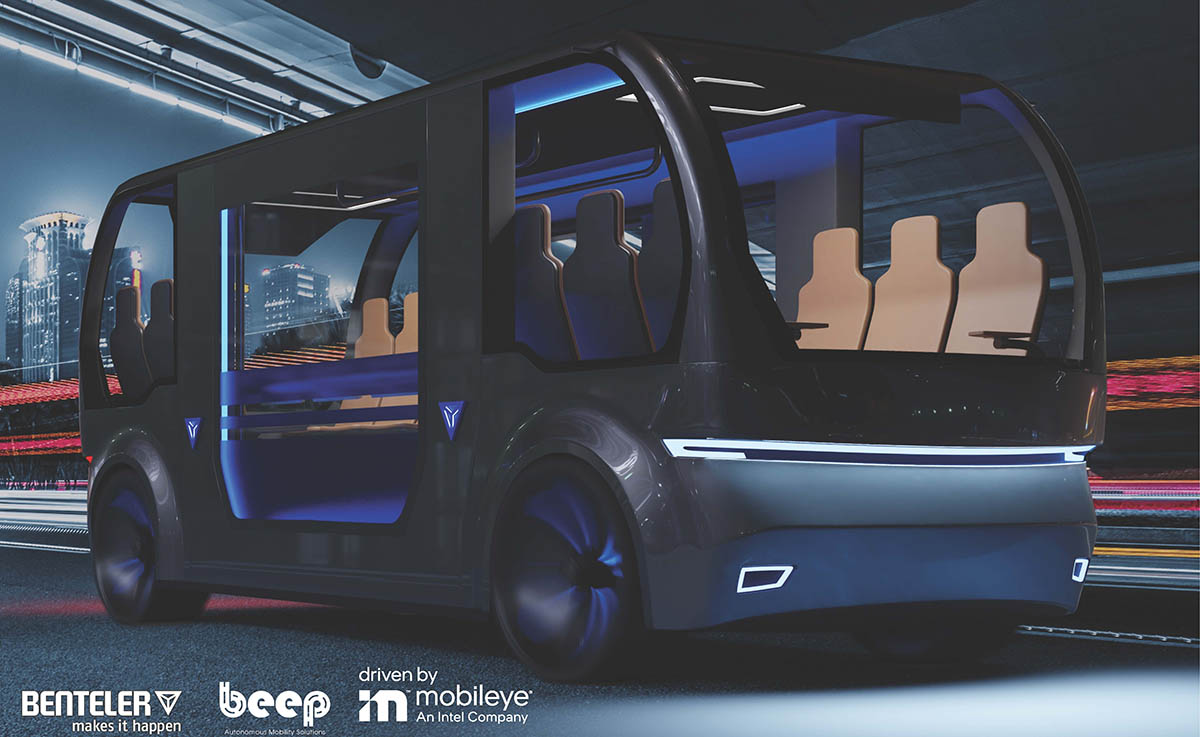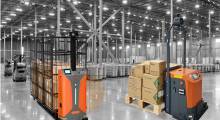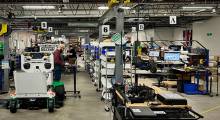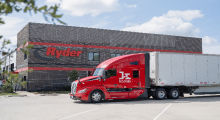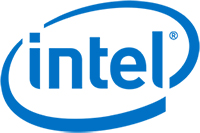Benteler EV Systems GmbH, Beep Inc., and Mobileye Vision Technology Ltd. this week announced a partnership to develop and produce fully electric and autonomous shuttle buses in North America. The companies plan to have the people movers on public roadways by 2024.
The trio said the partnership will be fruitful because each company has years of experience in different aspects of autonomous vehicle development.
The SAE Level 4 self-driving shuttle will be built by Benteler EV Systems and be underpinned by Mobileye’s Mobileye Drive autonomy system. Beep's deployment and operations systems, technology, and services will support the shuttles, according to the companies.
By working together, the companies said they hope to address “micro-transit” inequities in transportation networks.
“Multi-passenger micro-transit needs are ever-increasing in our cities and towns globally and must be addressed in order to reduce road congestion, protect the environment, and provide safe, reliable mobility for all to access,” said Hinrich Woebcken, advisory board member for Beep and former CEO of Volkswagen North America.
Triad taps into cross-industry experience
Benteler EV Systems, which is part of German holding company Benteler International AG, has engineering, vehicle integration, and global manufacturing experience. The Salzburg, Austria-based unit will develop the autonomous mover and integrate the individual subsystems into the final vehicle.
“Autonomous movers are the solution for future public transportation, solving the mobility challenges of increasing urbanization and emissions,” said Marco Kollmeier, managing director of Benteler EV Systems. “These movers need to be robust for 24/7 public or commercial use, at optimized costs and with excellent riding comfort.”
Mobileye is an Israeli subsidiary of Intel Corp. that develops autonomous driving and advanced driver-assistance systems (ADAS).
Johann Jungwirth, vice president of mobility as a service at Mobileye, said the company will work with and Beep and Benteler EV systems “to mass-produce first- and last-mile self-driving mobility solutions that will enable the convenient, accessible and safe movement of people across North America.”
Orlando, Fla.-based Beep Inc. offers driverless electric shuttle buses. It said its vehicles have been used in public spaces and have logged thousands of hours.
Beep added that it has worked closely with the National Highway Traffic Safety Administration as part of its autonomous vehicle test programs and is applying those years of learning to design the new platform with an emphasis on safety.
“Beep’s well-established U.S. footprint for our autonomous mobility operations model, which incorporates machine learning, contextual route intelligence, and Beep’s existing centralized command center platform, combine with Benteler’s and Mobileye’s manufacturing expertise to make this the first alignment of all capabilities needed to successfully scale the deployment of this important transformation in passenger mobility,” said Joe Moye, CEO of Beep.
Self-driving shuttlebus industry continues to grow
In 2021, the autonomous bus market exceeded $1 billion, according to Global Market Insights. The research firm said it expects the market to grow at a compound annual growth rate (CAGR) of 19% between 2022 and 2028.
In Europe, MOOVE GmbH and Sensible 4 Oy recently announced they are working together to build self-driving shuttle buses to the European market by 2023. Last August, Beijing-based Qcraft Inc. raised $100 million in Series A funding for autonomous shuttle bus development.
“Unmanned driving is a trillion-dollar, long-term race,” said Yu Qian, co-founder and CEO of Qingzhou Zhihang, which does business as Qcraft, at the time of that announcement.
Article topics
Email Sign Up

